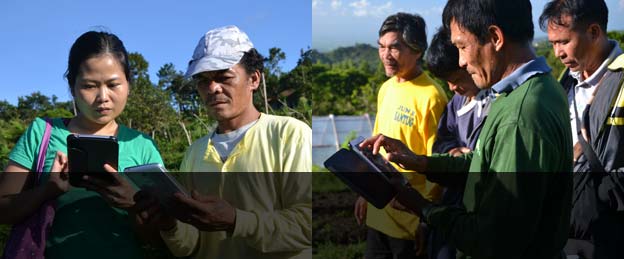Full issue 13
The development of Technical and Vocational Education and Training (TVET) systems in Asia and worldwide increasingly aims at strengthening the cooperation between the formal TVET system, which is often represented by state-run vocational schools and colleges, and employers, who provide work-based learning at the in-company workplace, which is sometimes enhanced through work-oriented learning in practical training centers. Hence, the Dual System acts as a kind of meta-concept for the practical implementation of a variety of practical and systemic related programs in the TVET sector such as the new apprenticeship program that gained attention in recent years. As a consequence many different kinds of dual systems were established across countries, which sometimes even differ within one country as it is the case in Germany for example.

Prof. Dr.Zhiqun Zhao
Director
Beijing Normal University, Beijing
Institute of Vocational and Adult Education, Faculty of Education
China
EB, Issue 6
Field of expertise/main research projects:
Prof. Dr. Zhiqun Zhao is the director of the Institute of Vocational and Adult Education, Faculty of Education, Beijing Normal University. His main task is construction & developing of the discipline of vocational pedagogy, including research and implementation of master and doctor program. His research areas are vocational didactics, vocational discipline, qualification research and curriculum design in TVET, TVET teacher education and training, international vocational education and training. From 1911 to 2006, Dr. Zhao worked as a researcher at the Central Institute of Vocational and Technical Education, Ministry of Education, PR. China. His research interests incorporated curriculum development, TVET teacher education and training, international vocational education and training. Prof. Dr. Zhao is also member of Expert Group of the Ministry of Human Resource Social Security (MoHRSS), PR. China, board member of the International Network of Innovative Apprenticeship (INAP), board member of the Asian Academic Society for Vocational Education and Training (AASVET), member of the Academy Committee of the Chinese Society of Vocational and Technical Education, chairman of the Association of Teaching-Learning-Process Research, Chinese Society of Vocational and Technical Education.


